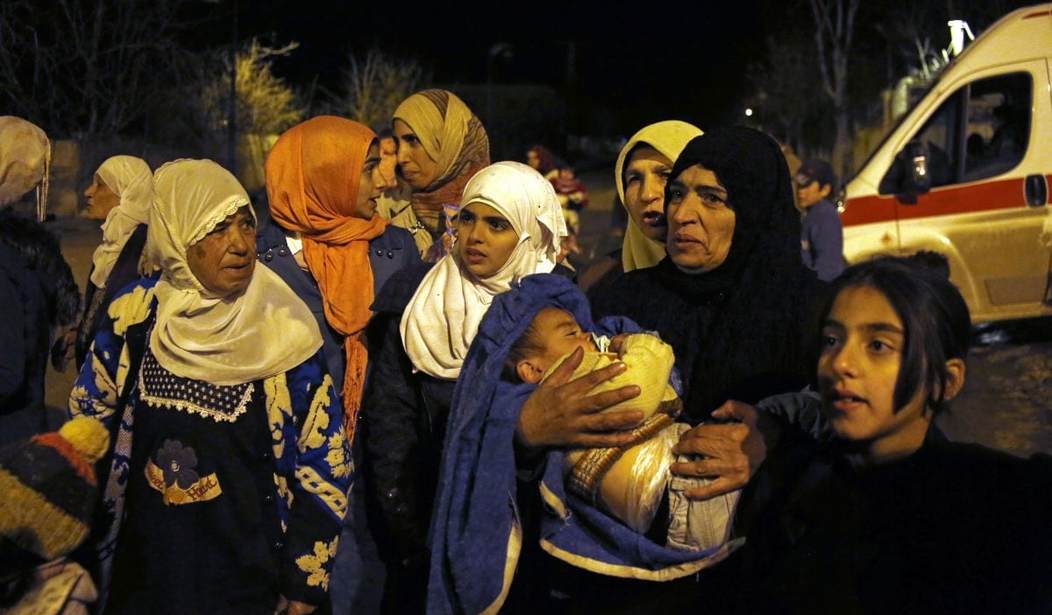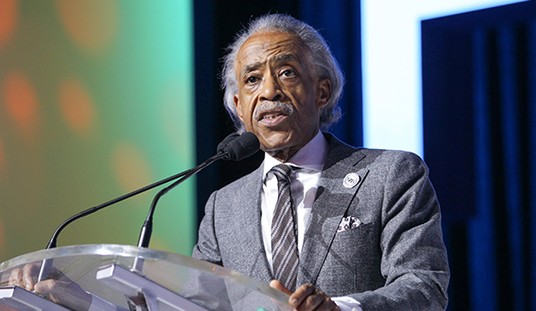The European Union will take steps to stem the flow of African and Middle East refugees who have poured into Europe by the millions in the last four years. The EU will make a much bigger effort to keep refugees from even getting on the water by vetting them before they leave Libya and other embarkation points, winnowing out economic refugees, and more quickly processing migrants who manage to make the crossing to severely slow the flow of illegals into Europe.
The leaders will back the creation of “regional disembarkation platforms.” Essentially, people striking out for Italy in unseaworthy boats could be taken back — for instance, to Libya if picked up by the EU-financed and trained Libyan coast guard — or transported to neighboring countries for screening.
These platforms “should provide for rapid processing to distinguish between economic migrants and those in need of international protection, and reduce the incentive to embark on perilous journeys,” according to a draft statement prepared for the June 28-29 EU summit in Brussels.
This will be done, the statement said, in close cooperation with the U.N. refugee agency and the International Organization for Migration. Both organizations have been discussing ways to handle sea arrivals inside the EU, but not in Africa, although they do work in Libya. No African country has yet agreed to take part, the EU’s top migration official said Thursday.
Several EU leaders are also to hold emergency migration talks in Brussels on Sunday to prepare for next week’s summit.
It’s all happening as the number of people arriving in Europe by boat decreases. The UNHCR says that if current trends continue, some 80,000 people will enter via the Mediterranean Sea this year, mostly in Italy, Greece and Spain. That’s around half the number who arrived in 2017.
Gone are the heady days when, if you could make it to Europe from Africa, you were welcomed with open arms. Now, EU countries are realizing that many if not most of the refugees aren’t fleeing war or violence, but are flooding into Europe for better employment opportunities or more generous welfare benefits.
The backlash from ordinary people has already cost politicians their jobs and has shaken the foundation of the EU itself. Angela Merkel has been forced to start talking tough about illegal immigration after several years of defending her open door policy. The Italian people threw out mainstream parties and elected a populist, anti-immigrant government. And other nations have felt the pressure from nationalist parties that are growing at a rapid pace as the newcomers prove to be more and more unwelcome due to the financial strain on the state and an increasing crime rate.
The EU has now been forced to alter their course because of the opposition of ordinary people who don’t share their governments’ enthusiasm for virtue signaling. But the damage has already been done and the face of northern Europe will never be the same.










Join the conversation as a VIP Member